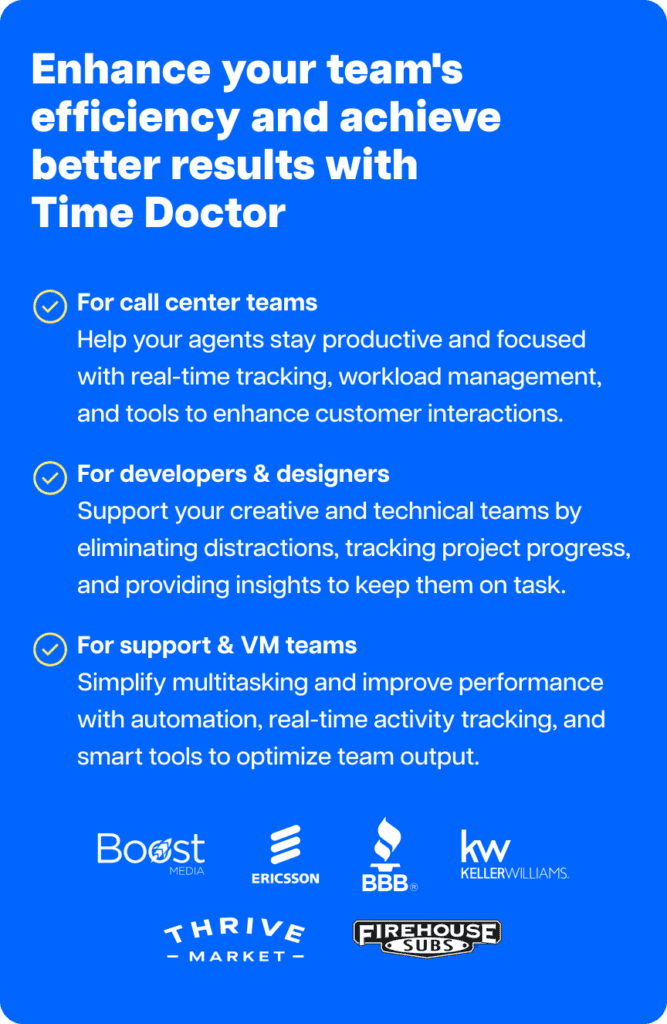Operational efficiency is more than just a goal in today’s fast-paced business world; it’s essential for success.
Optimizing every part of a business’s processes to boost output, cut down on waste, and provide better value is what operational efficiency means.
To get a company to this level of success, leadership is essential.
Leaders’ job is to ensure that their companies are operationally efficient and stand out in a crowded market. This blog post talks about that job.
Making goals and expectations clear
- Setting the direction for their teams is a very important job for leaders. The following steps can help them become more efficient:
- Vision alignment: Making sure that the goals of the team are in line with the purpose of the company so that operations run smoothly.
- SMART goals are clear, measurable, attainable, relevant, and time-bound targets that help a team work more efficiently.
- Clarity and communication: Making sure everyone on the team knows what is expected of them, clearing up any confusion, and knowing their part in reaching business goals.
Promoting a culture of continuous improvement
To run operations efficiently, you need a mindset that encourages constant growth. This kind of setting can be created by leaders by
- Encouraging feedback: Making feedback routes open lets you find and fix processes that aren’t working well.
- Learning orientation: This means encouraging a way of thinking where mistakes are seen as chances to learn instead of failures.
- Process optimization: Reviewing and improving processes on a regular basis to make them more effective and efficient.
Spending on training and development for employees
For operations to run smoothly, it’s important to give workers the skills and information they need. Leaders can help their teams in these ways:
- Targeted training means giving training programs that are directly related to goals for business efficiency.
- Skill development: Promoting skill development that helps the company reach its performance goals.
- Engagement and motivation: Putting money into the growth of employees to make them more engaged, motivated, and productive.

Performance monitoring and decision-making based on data
Data is a treasure for making operations run more smoothly. It’s used by influential leaders by:
- Performance metrics: Setting up and keeping an eye on key performance indicators (KPIs) to see how well things are going.
- Data utilization: Looking at data using analytics to find insights and make smart choices that improve efficiency.
- Continuous adjustment: Being flexible and ready to change tactics based on facts about how they’re working and changes in the market.
Conclusion
The path to business efficiency is never-ending and always changing. Leadership isn’t just an important part of the process; it’s what makes it happen. Leaders can make operations much more efficient by having clear goals, encouraging a culture of change, investing in the growth of employees, and making decisions based on data. It is helpful and necessary for leaders to follow these guidelines if they want their company to succeed in today’s competitive world.
Don’t forget that operational efficiency is a path, not a goal. It takes leaders with a vision, the ability to change, and a strong commitment to continuous improvement. Let’s set out on this trip with the goal of doing our best, coming up with new ideas, and leading our teams to new levels of success and efficiency.

Carlo Borja is the Content Marketing Manager of Time Doctor, a workforce analytics software for distributed teams. He is a remote work advocate, a father and an avid coffee drinker.


